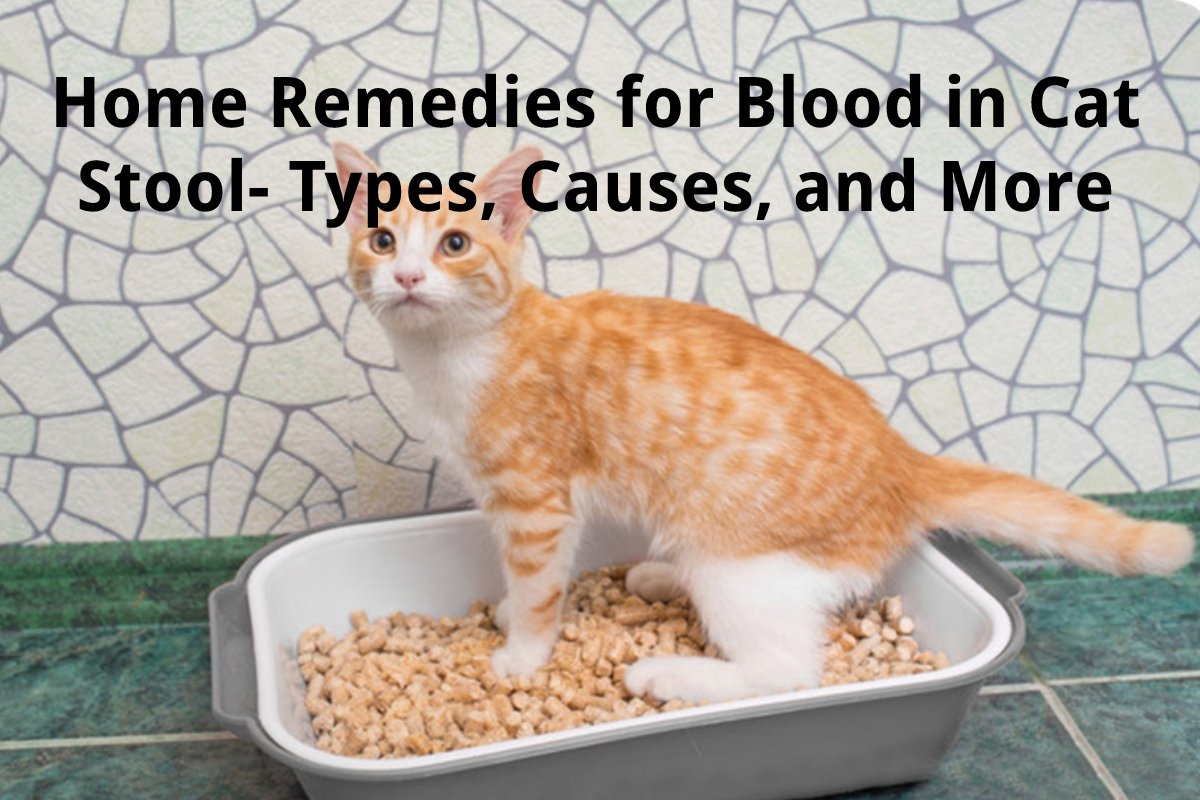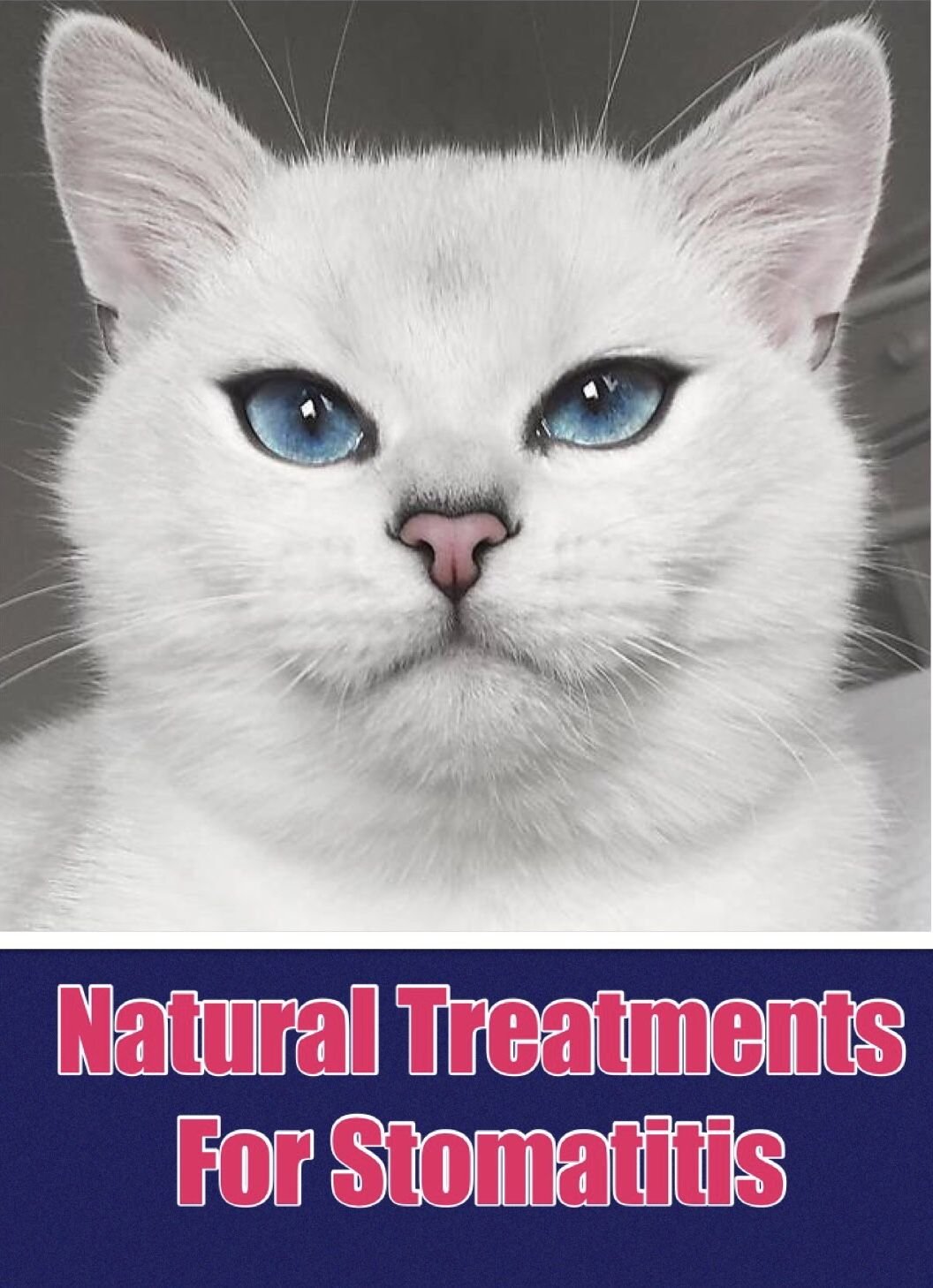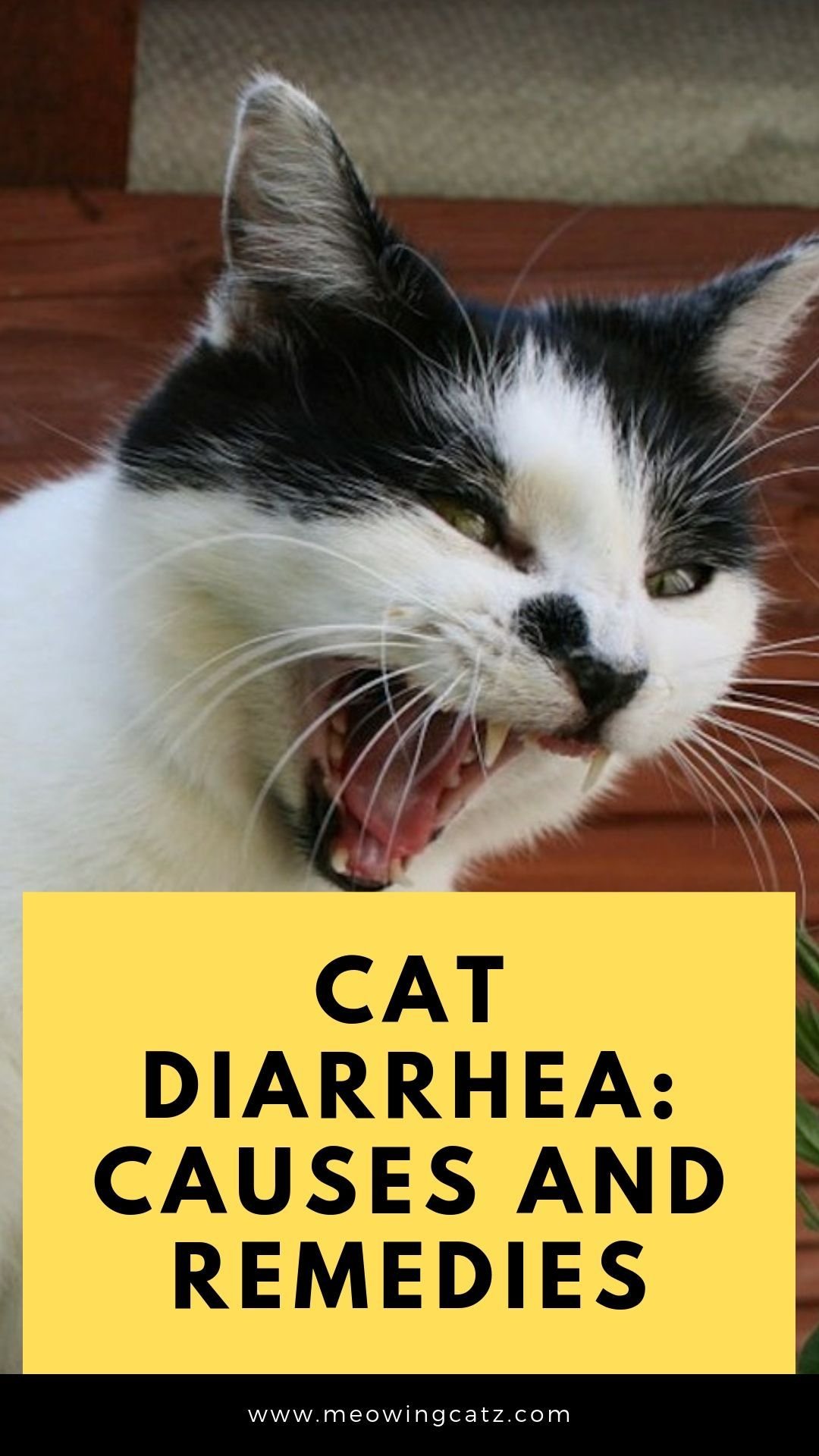Discover solace for your feline friend with “Effective Home Remedies for Cats in Pain: A Veterinarian’s Guide.” As a seasoned veterinarian, I unveil an arsenal of natural remedies proven to alleviate discomfort in cats. Dive into this comprehensive guide to empower yourself with gentle yet effective pain management techniques for your beloved companion.
Key Takeaways:
- Use pheromone diffusers or sprays to reduce stress and anxiety.
- Add turmeric to food for anti-inflammatory effects.
- Apply cold or heat therapy to reduce inflammation or soothe sore muscles.
- Supplement with omega-3 fatty acids for anti-inflammatory benefits.
- Make dietary changes to include anti-inflammatory foods like fish and blueberries.
- Consider glucosamine and chondroitin supplements for cats with arthritis.
- Explore CBD oil as a natural pain reliever.
Important Notes:
- Consult a veterinarian before using any home remedies.
- Monitor your cat’s response and adjust as needed.
- Seek professional veterinary care if pain persists or worsens.
Home Remedies for Cats in Pain

As a pet owner, it’s heartbreaking to see your feline friend in distress. Home remedies for cats in pain can provide relief and comfort without resorting to heavy medications. Here’s a guide to help you alleviate your cat’s suffering:
Pheromones
Pheromones mimic natural chemicals that cats release to create a sense of calm. Diffusers or sprays can reduce stress and anxiety, which can worsen pain.
Turmeric
This spice contains compounds with anti-inflammatory properties. A small amount added to food can help reduce joint pain and stiffness.
Cold and Heat Therapy
Cold packs or ice cubes applied to inflamed areas can reduce swelling. Conversely, heat packs can soothe sore muscles.
Omega-3 Fatty Acids
Supplements or fish oil provide anti-inflammatory benefits, easing pain from various sources. Consider incorporating them into your cat’s diet.
Dietary Changes
Adjusting your cat’s diet to include anti-inflammatory foods like fish, sweet potatoes, and blueberries can help alleviate pain.
Glucosamine and Chondroitin Supplements
These supplements can strengthen joints and reduce pain, especially in cats with arthritis. Consult with your veterinarian for the appropriate dosage.
CBD Oil
This natural pain reliever has shown promise in reducing discomfort in cats. However, it’s essential to consult with your vet before using CBD, as it can interact with other medications.
Note: Always consult with your veterinarian before implementing any home remedies to ensure they are safe for your cat. Monitor their response and adjust as needed. If pain persists or worsens, seek professional veterinary care.
Learn about some of the best home remedies for canker sores here.
If you’re experiencing canker sores on your lip, try some of these effective home remedies here.
Discover a comprehensive guide to home remedies for cats with upper respiratory infection here.
Natural Supplements for Pain Management
Turmeric: This spice contains curcumin, a potent anti-inflammatory compound that can alleviate pain and discomfort. You can sprinkle turmeric on your cat’s food or give them a supplement.
Omega-3 Fatty Acids: These essential fatty acids, found in fish oil and supplements, have anti-inflammatory properties that can reduce joint pain and stiffness.
Glucosamine and Chondroitin: These supplements support cartilage health and reduce joint pain. They can be administered in tablet or powder form.
CBD Oil: CBD, a compound found in cannabis, has pain-relieving properties. While it may be effective for chronic pain, it’s crucial to consult with your veterinarian before giving it to your cat.
Key Takeaways:
- Turmeric, omega-3 fatty acids, glucosamine, and chondroitin are effective natural supplements for pain management in cats.
- CBD oil may also be beneficial but requires veterinary consultation.
- It’s essential to consult with your veterinarian before giving your cat any supplements or medications.
Citations:
- Natural Pain Relief for Cats: Real Remedies vs. Myths
- 7 Home Remedies for Cats in Pain
Dietary Modifications for Discomfort Relief

Dietary modifications can play a crucial role in managing discomfort and pain in cats. By adjusting your feline friend’s diet, you can reduce inflammation, support joint health, and provide essential nutrients that aid in pain relief. Here’s a guide to dietary changes that can help alleviate your cat’s discomfort:
What to Avoid
- Foods with harsh ingredients, such as preservatives, artificial colors, and flavors, can worsen inflammation.
- Avoid grains like corn and wheat, as they can trigger allergies and digestive issues in some cats.
What to Include
- High-quality protein: Lean protein sources, such as chicken, fish, and turkey, provide the amino acids necessary for tissue repair and pain management.
- Fresh fruits and vegetables: Fruits and vegetables are rich in antioxidants and vitamins that have anti-inflammatory properties. Include blueberries, sweet potatoes, and pumpkin in your cat’s diet.
- Omega-3 fatty acids: These essential fatty acids have potent anti-inflammatory effects and can reduce joint pain. Consider adding fish oil or omega-3 supplements to your cat’s food.
- Glucosamine and chondroitin supplements: These supplements support cartilage health and can reduce joint pain, especially in cats with arthritis.
Key Takeaways:
- Avoid foods that trigger inflammation, such as grains and harsh ingredients.
- Include high-quality protein, fresh fruits, and vegetables, and omega-3 fatty acids in your cat’s diet.
- Consider glucosamine and chondroitin supplements to support joint health.
Relevant Sources:
- Diet for Cats with Arthritis: What to Feed and What to Avoid
- Feline Arthritis: Dietary Considerations
Herbal Remedies with Calming and Analgesic Properties
As your feline friend ages, they may experience discomfort due to arthritis, joint pain, or other ailments. Conventional pain medications can be effective, but some cat owners prefer to explore natural remedies.
Herbal Remedies with Calming and Analgesic Properties offer a gentle, holistic approach to pain management. These herbs contain compounds that soothe nerves, reduce inflammation, and promote relaxation.
Here are some examples:
- Chamomile: Calms nerves and soothes inflamed tissues.
- Lavender: Relaxes muscles and reduces pain perception.
- Valerian Root: Promotes relaxation and reduces anxiety.
How to Use Herbal Remedies
- Tea: Steep herbs in hot water and let cool before giving to your cat.
- Tincture: Dilute a few drops of herbal tincture in water and administer orally.
- Supplement: Look for feline-specific herbal supplements containing combinations of pain-relieving herbs.
Key Takeaways:
- Herbal remedies can provide natural pain relief for cats.
- Calming herbs like chamomile and lavender soothe nerves and relax muscles.
- Analgesic herbs like turmeric and ginger reduce inflammation and pain.
- Always consult your veterinarian before using herbal remedies for your cat.
Relevant Sources:
- Herbal Remedies for Cats in Pain
- Natural Pain Relief for Cats: Real Remedies vs. Myths
FAQ
Q1: Are home remedies safe and effective for relieving cat pain?
A1: Home remedies can be safe and effective when used correctly. However, it’s crucial to consult with a veterinarian before giving your cat any home remedies to ensure they are appropriate and do not interfere with other treatments.
Q2: How can I tell if my cat is in pain?
A2: Signs of pain in cats can include lethargy, decreased appetite, changes in behavior, limping, difficulty jumping or climbing, excessive licking or grooming, and vocalizations. It’s important to observe your cat’s behavior and seek veterinary care if you suspect they are experiencing pain.
Q3: Which home remedies are most effective for treating specific types of pain in cats?
A3: Different home remedies may be more effective for different types of pain. For example, cold therapy can be beneficial for acute injuries, while heat therapy is better suited for chronic pain. Turmeric is known for its anti-inflammatory properties, so it can be helpful for joint pain. Omega-3 fatty acids are effective for reducing inflammation throughout the body.
Q4: How often can I use home remedies to relieve my cat’s pain?
A4: The frequency of using home remedies depends on the severity of your cat’s pain and the specific remedy being used. It’s best to follow the guidance of your veterinarian and adjust the frequency and dosage as needed.
Q5: When should I seek professional veterinary care for my cat’s pain?
A5: If your cat’s pain persists or worsens, if they are not responding to home remedies, or if you suspect an underlying medical condition, it’s essential to seek professional veterinary care. Your veterinarian can diagnose the cause of your cat’s pain and prescribe appropriate treatment options.
- Dora the Explorer Wipe-Off Fun: Safe & Mess-Free Activities for Little Explorers - April 18, 2025
- Does Lemongrass Repel Mosquitoes? Fact vs. Fiction + How to Use It - April 18, 2025
- Do Woodchucks Climb Trees?Fact vs. Fiction - April 18, 2025










